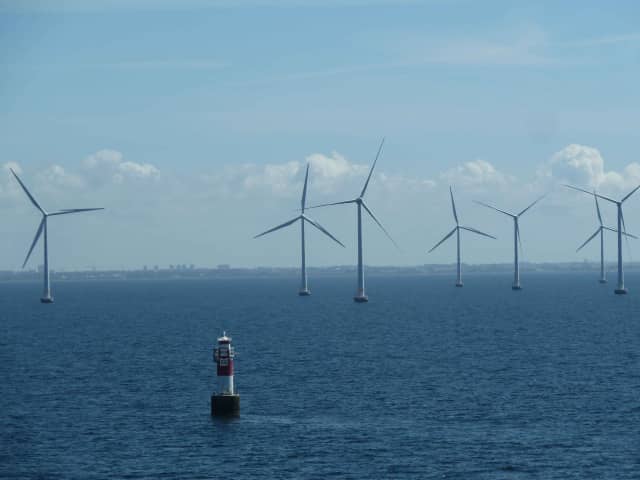DAM research mission ‘sustainMare’
Protecting the oceans and using them sustainably is the goal of the research mission ‘sustainMare’ by the German Marine Research Alliance (DAM). ZMT is involved in the research alliance CREATE led by the University of Oldenburg. The joint project focuses on the resolution of conflicts of use and sustainable protection of biodiversity.
Climate change and unsustainable use impact seas and coasts and put pressure on the social-ecological system. Whether tourism or fertiliser use in agriculture, whether sediment dumping in coastal waters, shipping or the expansion of the renewable energy sector: These various stressors influence each other and counteract the goals of nature conservation. Developing integrated concepts is required to reduce the impacts on the marine ecosystem.
In order to find practical and innovative solutions, the CREATE project brings together experts from the natural and social sciences, economics, engineering and society. To achieve this, three so-called living labs – a comparatively new approach in marine environmental sciences - in the North Sea and Baltic Sea will be established to combine their methods. ZMT’s working group Institutional and Behavioural Economics will advise the North Sea living labs in ocean governance and institutional analysis.
Parallel to the doctoral dissertation developed in this project, a similar study is carried out in Senegal. This contextual comparison will lead to the acquisition of scientific knowledge on such governance processes.





